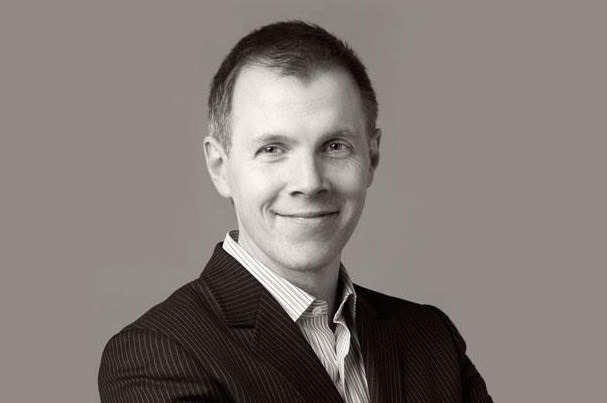A crowd of startup enthusiasts in Charlottetown on Sunday night heard what it takes to raise funding in every band imaginable.
The event at Startup Zone was the opening phase of MentorCamp 2019, which will take place in the P.E.I. capital today. MentorCamp CEO Permjot Valia came up with the idea of an event that could tell founders what to expect in their fundraising efforts, regardless of the stage they were at. So he assembled a group of experts in all phases of fundraising, broken down by the amounts founders are looking to raise.
Less than $100,000
Valia, who has invested in dozens of early-stage startups, and Jeff Amerine, head of the Startup Junkie group in Arkansas, stressed that they look for coachability among founders when making an early-stage investment. Even though founders can receive vast and conflicting advice from a range of mentors, Amerine said they have to be able to process the information to pick out what’s useful. “You have to be self-aware enough, you have to be self-aware enough, to be on the team,” he said.
$100,000 to $1 million
Island Capital Partners Director of Operations Stefanie Corbett and Concrete Ventures principal Patrick Hankinson highlighted the importance of investing in companies that have identified a large market and know how to sell into it. “It’s all about customer validation,” said Corbett. “A lot of the time, people are building really cool things but have no idea if anyone is going to buy them.”
$1 million to $10 million
Fergus Dyer-Smith, CEO of London-based Wooshii.com, told of the experiences that culminated in his company recently closing a £3.6 million (C$5.8 million) round. He dismissed the notion that any company neatly ascends from seed funding to Series A, B and C rounds. Rather, he said, entrepreneurship is a series of peaks and valleys. Accept your own journey,” he said. “No company can go through that line [of straight ascent]. They all have their own ups and downs.” He also advised companies raising multi-million-dollar rounds to use introductions to get in front of the right people, and even to consider paying a knowledgeable broker to bring in investors.
More than $10 million
The lengthiest session of the afternoon was the presentation by Mark MacLeod, the Founder of SurePath Capital Partners in Toronto and the former CFO of FreshBooks and Shopify. SurePath works with companies with Software-as-a-Service products targeting small and medium-sized enterprises. He said funds making eight- and nine-figure investments generally only make a couple of investments a year. “If I only have two bullets a year, I’m going to use them wisely,” he said.
He said companies raising that sort of money need extraordinary preparation – talking to every fund in that space, and to the larger companies that could buy them out. Founders should realize that VCs considering an investment in their space are very likely talking to their competitors.
If a company is raising more than $10 million, it means the VC is hoping for an exit worth more than $150 million – a really difficult outcome. So the founder has to understand the risks involved in such rounds, said MacLeod. He or she should at least consider an exit at this point – a viable alternative that would likely be applauded by all involved. The founder should also know that a VC’s due diligence will include discussions with the company’s natural acquirers, and VCs will be incentivized to invest if they learn the founder is in discussions with a possible purchaser.
“I don’t think you can talk about growth capital without talking about exiting,” he said.










